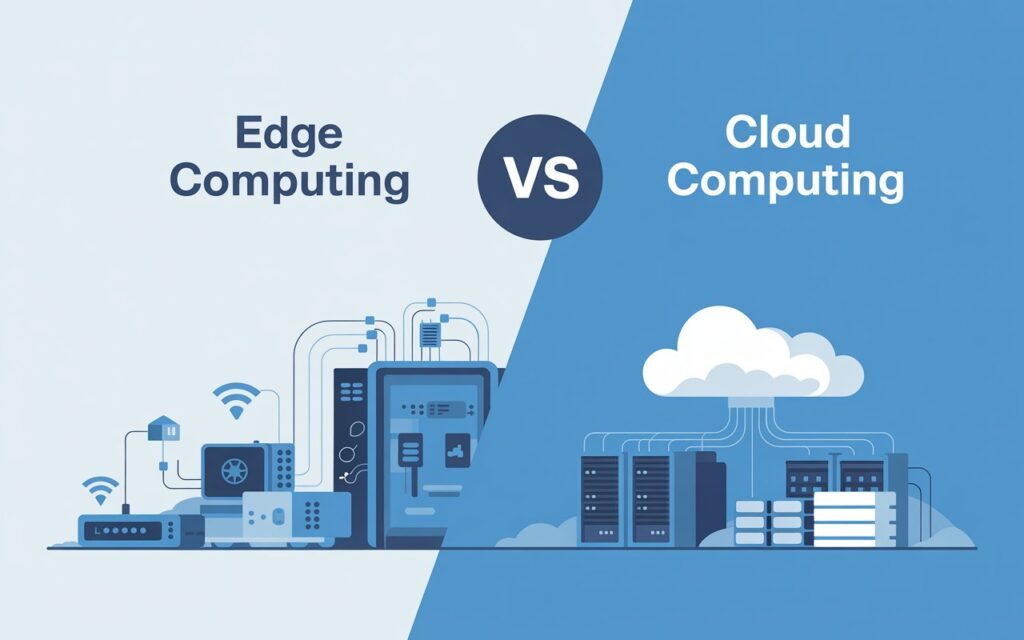Why Use Cloud Computing in Business?
The Core Idea: What Cloud Computing Means for Business

Why Do Businesses Use Cloud Computing?
The Cost Advantage: More Than Just Savings
Scalability: Growing at the Speed of Business
Collaboration and Mobility
Security and Reliability: A Common Misconception

Why Use Cloud Computing for Innovation?
Meeting Local and Global Needs
Making the Business Case: Why Use Cloud Computing Now?
Conclusion
FAQs:
- Why do businesses use cloud computing instead of traditional IT systems?
Businesses use cloud computing because it removes the burden of maintaining costly hardware and data centers. Instead, they can access scalable computing power, storage, and applications on demand, saving money while increasing flexibility.
- Why do companies use cloud computing for security if data is stored off-site?
Companies rely on cloud computing because leading providers offer advanced security features like encryption, identity management, and multi-factor authentication. In many cases, this makes cloud systems more secure than on-premise servers.
- Why use cloud computing in business if we already have IT infrastructure?
Even if a company has existing IT systems, cloud computing allows for greater scalability, remote collaboration, and faster deployment of new tools. It reduces downtime and makes it easier to adapt as business needs change.
- How does cloud computing help businesses grow?
Cloud computing supports growth by allowing businesses to scale resources instantly. Whether handling seasonal spikes in demand or expanding into new markets, companies can adjust their computing power without expensive upgrades.
- Why use cloud computing for small businesses?
For small businesses, cloud computing levels the playing field. It provides access to enterprise-grade tools, predictable costs, and the ability to collaborate remotely, all without the need for large IT budgets or teams.


